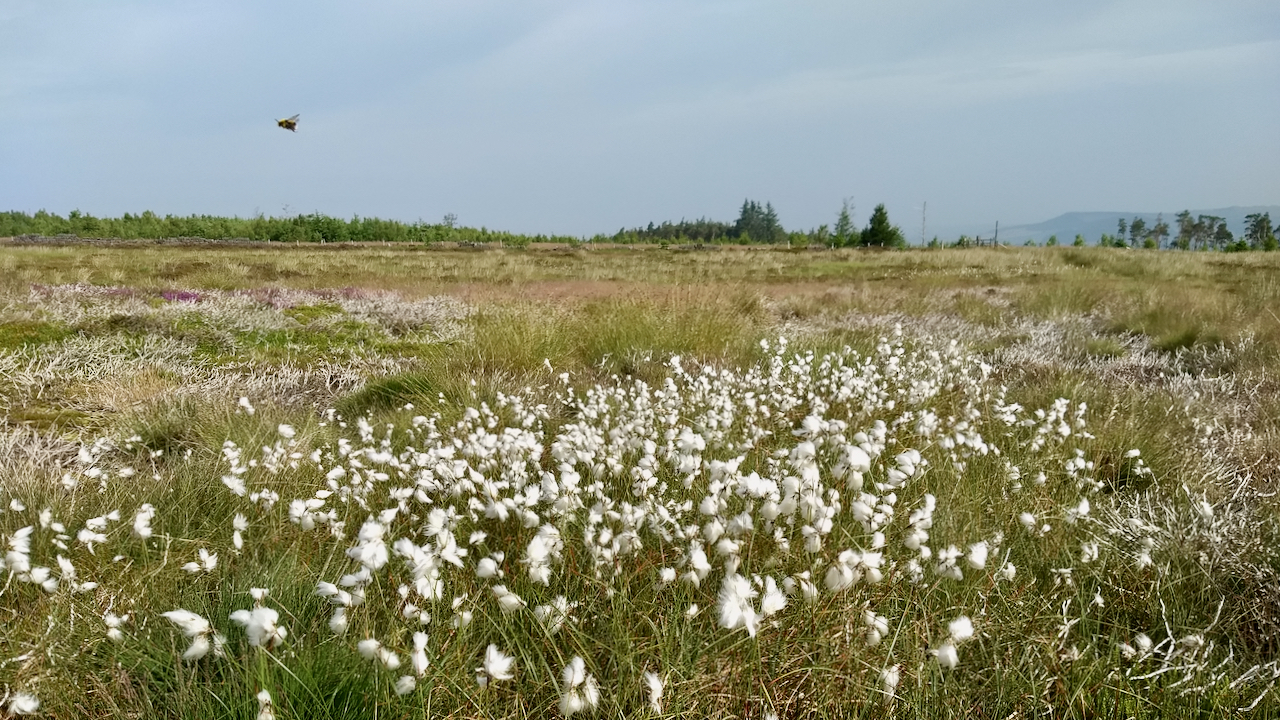So headlined an article in the Daily Mail written by Piers Corbyn, hailed as “Britain’s top weather expert”, 25 years ago tomorrow1Corbyn, Piers. “Riviera Britain? Sorry, it’s just hot air.” Daily Mail, 4 July 1996, p. 8. Daily Mail Historical Archive, link-gale-com.ezproxy.is.ed.ac.uk/apps/doc/EE1860457065/GDCS?u=ed_itw&sid=bookmark-GDCS&xid=b78d3337. Accessed 3 July 2021.. Way back in 1996.
The report was in response to a prediction by the Climate Change Impacts Review Group which warned that global warming would have the effect of moving Britain 100 miles south, bringing summer droughts and winter rainstorms2Nuttall, Nick. “Paris weather in South is global warming forecast.” Times, 3 July 1996, p. 8. The Times Digital Archive, link-gale-com.ezproxy.is.ed.ac.uk/apps/doc/IF0501171127/GDCS?u=ed_itw&sid=bookmark-GDCS&xid=b1d0fd8b. Accessed 3 July 2021.. The Mail reported the scientists warned that :
… an unstoppable increase in global warming will give southern England the climate of the Loire Valley within the next 25 years. The familiar landscape of downs, fenland and pasture will be transformed utterly. In the North, meanwhile, the weather will become wetter and warmer. There will be vast changes in our pattern of agriculture. Across the nation, so the story goes, there will be appalling droughts, disastrous floods, gales and storms in ever increasing numbers.
…
It’s said that the mountain hare and the Arctic char fish of the Lake District could be wiped out. The snowy owl, the ptarmigan and the snow bunting could be lost, too. Whole plant systems could come under intolerable strain. And all this is quite apart from the immense economic damage in agriculture and other industries.
Corbyn was extremely cynical. He likened the report to “something that might have been uttered by Private Frazer in Dad’s Army: ‘Doomed! We’re all doomed!’“.
So a quarter of a century on from 1996, have the predictions come true? There is no doubt our weather seems to have become more extreme, more regularly. Floods, storms, droughts. World wide, these extremes are even more pronounced, record temperatures on the north-west coast of the USA, wild fires in Australia, the Amazon and California, floods in Bangladesh, glacier collapse in the Himalayas.
Outwith these extreme events, it is hard to see the incremental effects of climate change. Our peaty moors, although shallow compared with those of the Pennines, contain valuable carbon stores but are at risk from changes in climate and by land management techniques such as burning, releasing carbon rather than taking it up.
The carbon balance sheet for any ecosystem is complex. On the one hand, take up of carbon is a continual process resulting from the decay of annual plant growth. On the other hand, burning and erosion release carbon in the form of greenhouse gases.
Scientists have found that that greenhouse gas emissions from our carbon rich moorlands depend on the plant species present, as not all respond in the same way to climate warming3University of Manchester. “Plants Can Change Greenhouse Gas Emissions after Warming.” Plants Can Change Greenhouse Gas Emissions after Warming, University of Manchester, 19 Aug. 2013, www.manchester.ac.uk/discover/news/plants-can-change-greenhouse-gas-emissions-after-warming/. Accessed 3 July 2021.. They found that with heather, warming actually increases the amount of carbon dioxide taken up from the atmosphere, making the ecosystem a greater sink for this greenhouse gas. However, when cotton grass was present, the CO2 sink strength decreased with warming, due to an increase in the amount of methane released.
So apparently not good news for Cottongrass, such as this swathe on Gisborough Moor. However, my gut feeling is that, overall, it is much better to have biodiversity than a monoculture of ling.
- 1Corbyn, Piers. “Riviera Britain? Sorry, it’s just hot air.” Daily Mail, 4 July 1996, p. 8. Daily Mail Historical Archive, link-gale-com.ezproxy.is.ed.ac.uk/apps/doc/EE1860457065/GDCS?u=ed_itw&sid=bookmark-GDCS&xid=b78d3337. Accessed 3 July 2021.
- 2Nuttall, Nick. “Paris weather in South is global warming forecast.” Times, 3 July 1996, p. 8. The Times Digital Archive, link-gale-com.ezproxy.is.ed.ac.uk/apps/doc/IF0501171127/GDCS?u=ed_itw&sid=bookmark-GDCS&xid=b1d0fd8b. Accessed 3 July 2021.
- 3University of Manchester. “Plants Can Change Greenhouse Gas Emissions after Warming.” Plants Can Change Greenhouse Gas Emissions after Warming, University of Manchester, 19 Aug. 2013, www.manchester.ac.uk/discover/news/plants-can-change-greenhouse-gas-emissions-after-warming/. Accessed 3 July 2021.

Leave a Reply